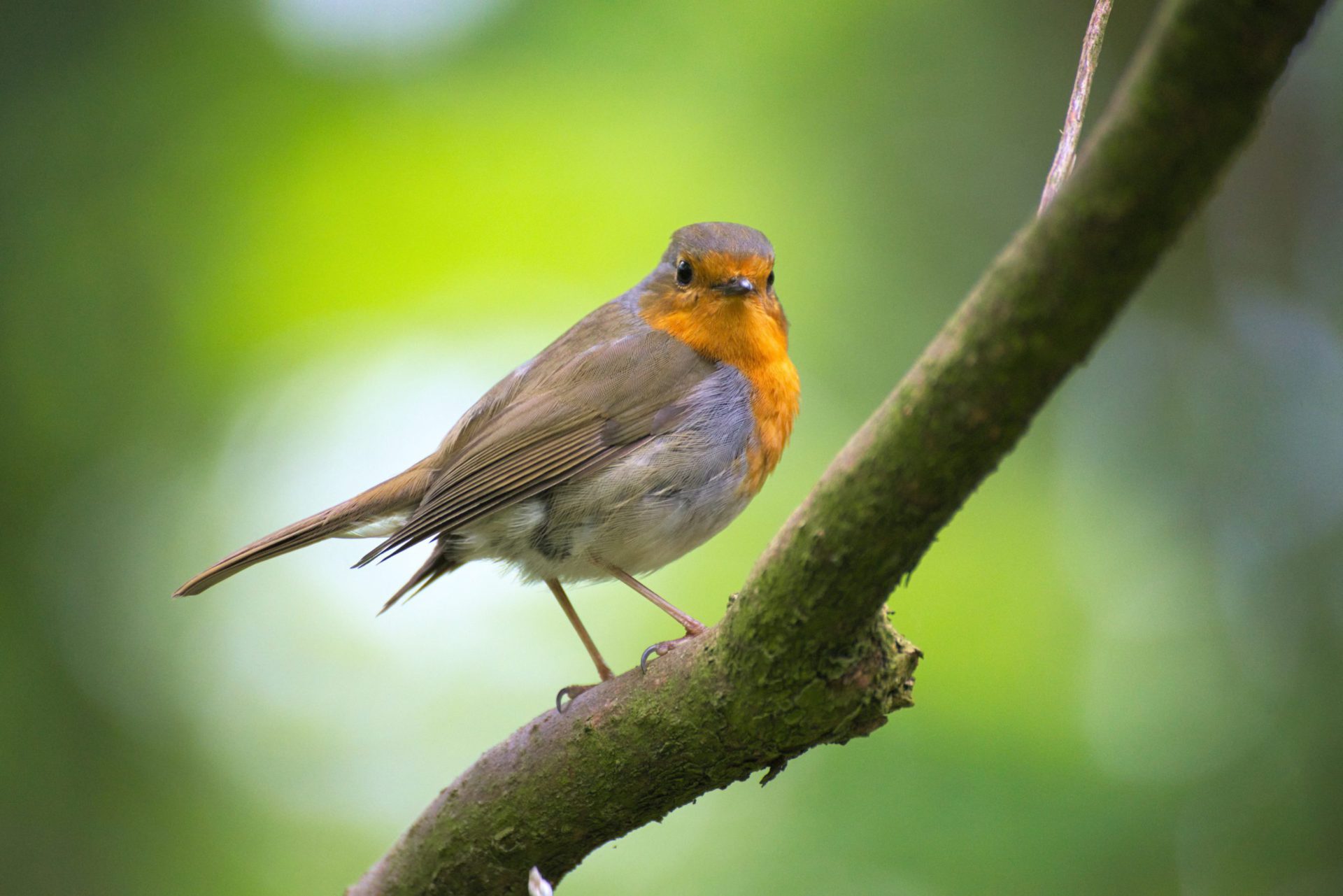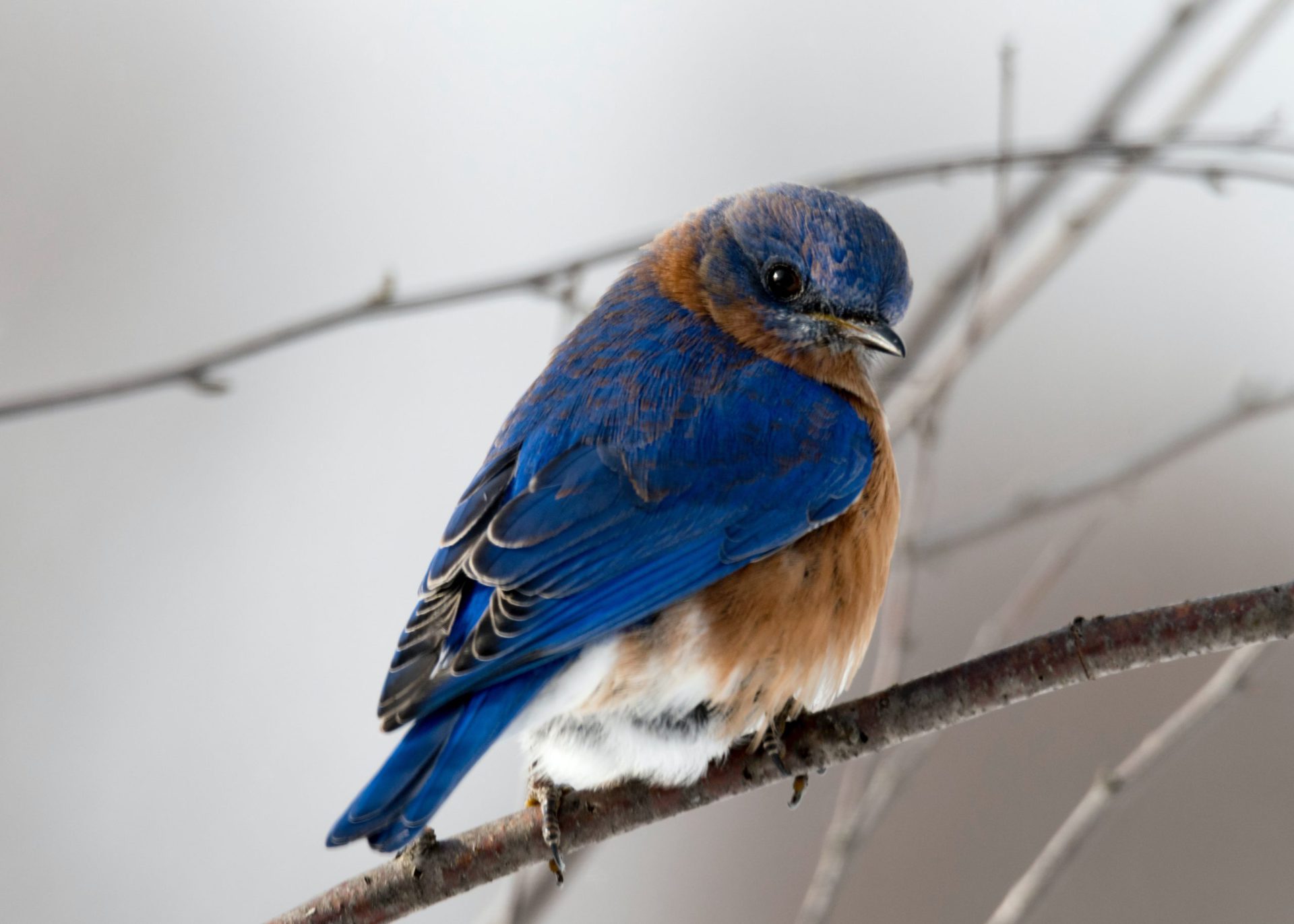
Bird Flu is a highly contagious viral disease that affects birds, but can also infect humans. It spreads through contact with infected birds or their droppings and can cause severe respiratory illness. Vaccines and good hygiene practices can help prevent its transmission.
What is Bird Flu?
Bird flu, also known as
avian influenza, is a viral infection that primarily affects birds, including poultry and wild birds. The virus can also infect humans and other animals. Bird flu is caused by different strains of the influenza A virus, some of which can cause severe illness in humans. The virus spreads through direct contact with infected birds, their saliva, feces, and contaminated surfaces. In humans, bird flu can cause a range of symptoms, from mild flu-like symptoms to severe respiratory illness and even death. Vaccines and good hygiene practices can help prevent the spread of bird flu.
Bird Flu: Causes, Symptoms, and Prevention Strategies
Causes: Bird Flu is caused by a type of influenza A virus that primarily affects birds. There are many strains of the virus, some of which are highly contagious and can cause severe illness in both birds and humans.
The virus is typically spread among birds through direct contact with infected birds or their saliva, feces, or respiratory secretions. Wild birds, particularly waterfowl, are natural carriers of the virus, but domesticated birds, such as chickens and turkeys, can also be infected.
Symptoms: Bird Flu, or avian influenza, can cause a wide range of symptoms in birds. The severity of the symptoms can vary depending on the specific strain of the virus and the type of bird that is infected.
Some of the common symptoms of bird flu in birds include:
- Sudden death, especially in chickens and turkeys
- Reduced egg production
- Soft-shelled or misshapen eggs
- Swelling of the head, eyelids, and comb
- Purple discoloration of the wattles, comb, and legs
- Respiratory symptoms, including coughing, sneezing, and nasal discharge
- Diarrhea
- Lack of energy and poor appetite
Birds that are infected with highly pathogenic strains of the bird flu virus can show more severe symptoms, including neurological signs such as loss of coordination and twisting of the head and neck. These birds may also experience sudden and massive die-offs within a flock.
It’s important to note that not all birds that are infected with the bird flu virus will show symptoms. Some birds may be asymptomatic carriers of the virus, which means they are infected but do not show any symptoms.
Prevention Strategies: Preventing bird flu in birds involves several strategies that are aimed at reducing the risk of infection and minimizing the spread of the virus. Here are
some effective prevention strategies for bird flu in birds:
- Vaccination: Vaccination is an effective way to prevent the spread of bird flu in poultry flocks. Vaccines are available for some strains of the virus and can be administered to birds before they are exposed to the virus.
- Biosecurity measures: Biosecurity measures, such as controlling access to farms and poultry houses, disinfecting equipment and vehicles, and using protective clothing and footwear, can help prevent the introduction and spread of the virus in bird populations.
- Sanitation: Maintaining good sanitation practices, such as regularly cleaning and disinfecting poultry houses, feeders, and waterers, can help prevent the spread of the virus.
- Quarantine: Quarantine measures can be used to isolate and monitor birds that have been exposed to the virus, preventing the spread of the virus to other birds.
- Control of wild bird populations: Controlling wild bird populations near poultry farms can help reduce the risk of exposure to the virus.
- Monitoring: Regular monitoring of birds for signs of the virus can help detect infections early and prevent the spread of the virus to other birds.
By implementing these prevention strategies, bird owners and poultry farmers can help reduce the risk of bird flu in their flocks and prevent the spread of the virus to other birds and humans.
Understanding Bird Flu And Risk To Human
Avian influenza, also known as bird flu, is a viral infection that primarily affects birds. However, some strains of the virus can also infect humans and other animals. The severity of the illness in humans can vary depending on the strain of the virus and the individual’s immune response.
Transmission of avian influenza from birds to humans is rare, and human-to-human transmission is even rarer. However, when human cases do occur, they can be severe, with some strains of the virus having high mortality rates. Good hygiene practices, such as washing hands regularly and avoiding contact with sick birds, can help reduce the risk of infection.
The World Health Organization and other health organizations monitor the spread of avian influenza and work to develop vaccines and other measures to prevent and control outbreaks. Understanding the risks associated with avian influenza is important in order to take appropriate precautions and minimize the spread of the virus.
Can Human Get Bird Flu?
Humans can get Bird Flu, also known as avian influenza, but it is relatively rare. Bird Flu viruses can be divided into two categories based on their ability to cause disease in humans:
Low pathogenic avian influenza (LPAI) and Highly pathogenic avian influenza (HPAI). Most cases of bird flu in humans are caused by exposure to HPAI viruses, which can cause severe illness and even death.
How Does Bird Flu Spread in Human?
Humans can become infected with Bird Flu by coming into contact with infected birds, either through direct contact with sick birds, their feces, or contaminated surfaces, or by handling or consuming raw or undercooked poultry products that are infected with the virus.

Symptoms of Bird Flu in Human
Symptoms of
Bird Flu in Humans can range from mild to severe, including:
- fever
- cough
- sore throat
- muscle aches
- headache
- fatigue
- difficulty breathing
- chest pain.
In severe cases, complications such as pneumonia, acute respiratory distress syndrome (ARDS), and organ failure can occur, which can be life-threatening.
Can Dogs Get Bird Flu?
Dogs can get bird flu, but it is rare. Dogs can become infected with bird flu by coming into contact with infected birds, either through direct contact with sick birds, their feces, or contaminated surfaces, or by eating infected poultry products.
However, it’s important to note that dogs are not considered a primary host for bird flu viruses and are unlikely to develop severe symptoms or pass the virus on to other dogs or humans. Most cases of bird flu in dogs have been mild and self-limiting, with symptoms such as fever, cough, and runny nose.
What is Unusual About Bird Flu?
Bird Flu is considered unusual because it primarily affects birds, but can also infect humans and other animals. It is caused by influenza viruses that occur naturally in wild aquatic birds worldwide and can infect domestic poultry and other bird and animal species.
One of the unusual aspects of bird flu is that it can cause severe illness in humans, with symptoms ranging from mild to severe respiratory illness, and in some cases, even death. Most human cases of bird flu have been linked to direct or close contact with infected poultry or contaminated environments.
Another unusual feature of bird flu is that it has the potential to mutate and spread rapidly, leading to the possibility of a global pandemic. The H5N1 strain of bird flu, for example, has caused outbreaks in poultry and wild birds in many parts of the world and has been responsible for several human deaths.

Finally, bird flu is unusual in that it poses significant economic risks, especially to the poultry industry. When an outbreak occurs, many countries ban imports of poultry products, leading to significant losses for poultry farmers and the wider industry.

 Bird Flu is a highly contagious viral disease that affects birds, but can also infect humans. It spreads through contact with infected birds or their droppings and can cause severe respiratory illness. Vaccines and good hygiene practices can help prevent its transmission.
Bird Flu is a highly contagious viral disease that affects birds, but can also infect humans. It spreads through contact with infected birds or their droppings and can cause severe respiratory illness. Vaccines and good hygiene practices can help prevent its transmission.

 Finally, bird flu is unusual in that it poses significant economic risks, especially to the poultry industry. When an outbreak occurs, many countries ban imports of poultry products, leading to significant losses for poultry farmers and the wider industry.
Finally, bird flu is unusual in that it poses significant economic risks, especially to the poultry industry. When an outbreak occurs, many countries ban imports of poultry products, leading to significant losses for poultry farmers and the wider industry.






